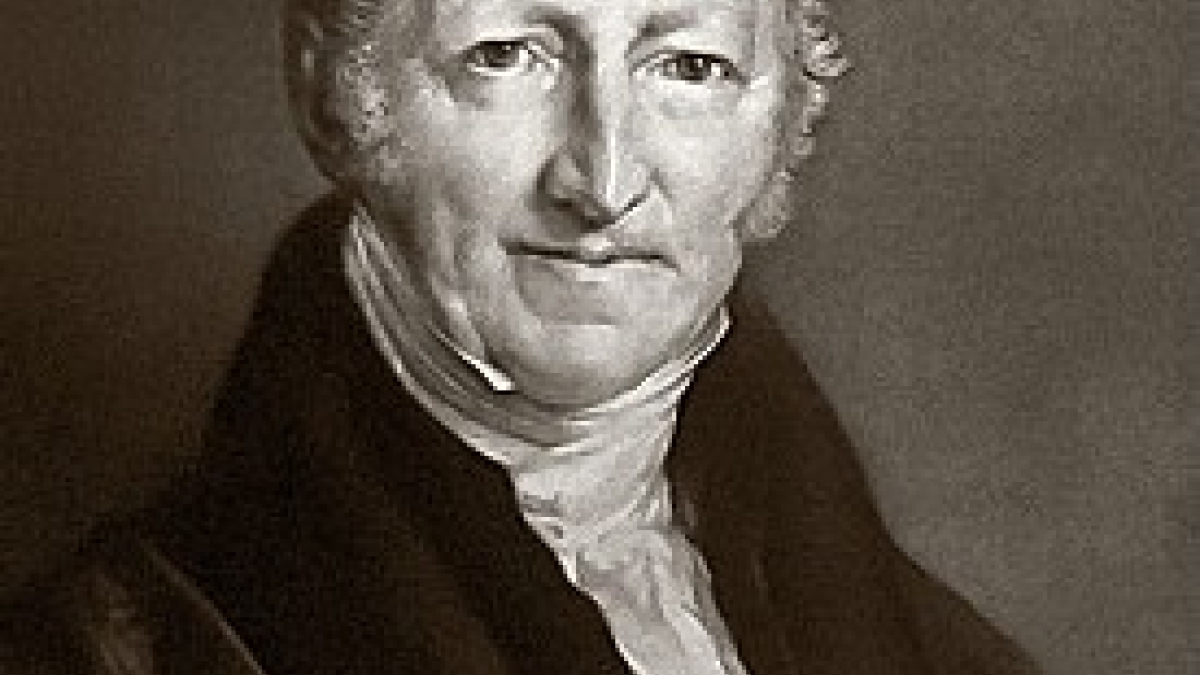A fresh look at Adam Smith and T. Robert Malthus

In an article, Ross Emmett, director of the Center for the Study of Economic Liberty and professor of political economy in the School of Civic and Economic Thought and Leadership at Arizona State University, discusses the similarities between two great thinkers: Adam Smith and Thomas Robert Malthus.
Both Smith and Malthus are often associated with ideas they did not espouse. Smith is accused of advocating that Gordon Gekko line of thought “greed is good” and the corollary that capitalism’s success is built on its reliance on human selfishness. Malthus, for his part, is associated primarily with the notion that human population growth inevitably pushes at the limits of our food and natural resources, leading to overpopulation and the Malthusian Catastrophe.
While many liberty-loving economists are happy to correct the criticisms of Smith, many are equally happy to criticize Malthus for the Malthusian trap, not realizing that the usual portrayal of Malthus is equally false. Malthus shares far more with Smith than most expect.
Like any two great thinkers, there are inevitably differences of opinion between Smith and Malthus. While Smith sought to articulate an optimal civilizational context, Malthus turned his attention to existing arrangements, seeking to learn how institutions like markets, customs, rules, social mores, marriage and government regulation shaped the civilizational context within which its people carried out the ordinary business of life.
Article source: Adam Smith WorksMore ASU in the news

ASU celebrates new Tempe campus space for the Labriola National Data Center

Was Lucy the mother of us all? Fifty years after her discovery, the 3.2-million-year-old skeleton has rivals
